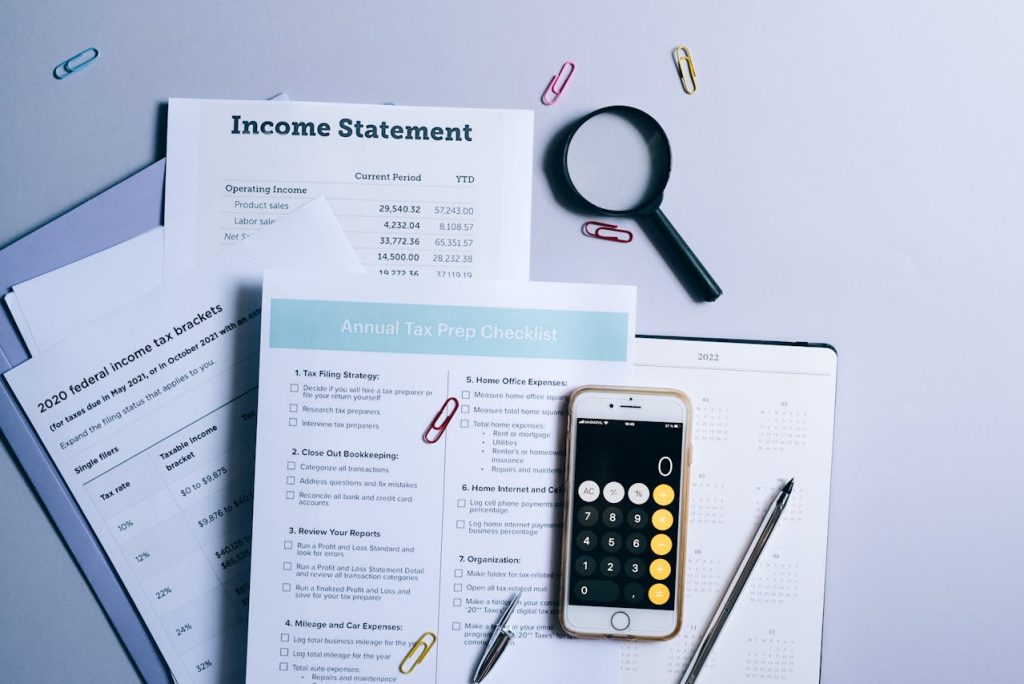
Retirement is a big milestone, but the date you choose to retire can have a bigger impact on your taxes than you might think. Many people focus on saving enough money or picking the right investments, but they forget how much timing matters. The wrong retirement date can push you into a higher tax bracket, shrink your Social Security benefits, or even trigger unexpected penalties. Taxes can eat into your nest egg if you’re not careful. Understanding how your retirement date affects your tax bracket can help you keep more of your money. Here are six common mistakes people make with their retirement date that can affect their tax brackets—and what you can do to avoid them.
1. Retiring at the End of the Year
Retiring in December might sound like a good way to start the new year fresh, but it can backfire. If you work most of the year and then retire, you’ll have almost a full year’s salary plus any retirement payouts. This can push you into a higher tax bracket for that year. For example, if you get a year-end bonus or cash out unused vacation days, that income stacks on top of your regular pay. The IRS doesn’t care that you’re retiring—they just see a big income number. Instead, consider retiring early in the year. This way, your income for that year will be lower, which can keep you in a lower tax bracket and reduce your overall tax bill. You can check the current tax brackets on the IRS website.
2. Overlapping Income Streams
Some people start Social Security, pension payments, or withdrawals from retirement accounts right after they stop working. If you do this in the same year you’re still earning a paycheck, you could end up with more income than you expected. This extra income can push you into a higher tax bracket. For example, if you retire in June and start taking Social Security in July, you’ll have half a year’s salary plus half a year’s Social Security. Add in any other income, and you might be surprised by your tax bill. To avoid this, plan your income streams. You might want to delay Social Security or pension payments until the next calendar year, when you have no work income.
3. Ignoring Required Minimum Distributions (RMDs)
If you have a traditional IRA or 401(k), you must start taking required minimum distributions (RMDs) at age 73. If you retire close to this age and forget about RMDs, you could end up with a big tax hit. RMDs count as taxable income and can push you into a higher tax bracket, especially if you’re also getting Social Security or pension payments. Some people retire and take a lump sum from their retirement account, not realizing it will be taxed as ordinary income. This mistake can be costly. Make sure you know when your RMDs start and plan your retirement date and withdrawals to spread out your income.
4. Taking Social Security Too Early
You can start Social Security as early as age 62, but your benefits will be lower. More importantly, if you’re still working or have other income, your Social Security benefits could be taxed. If your combined income (half your Social Security plus other income) is above a certain level, up to 85% of your benefits could be taxable. Starting Social Security while you still have a paycheck or other high income can push you into a higher tax bracket. Waiting until your income drops—like after you fully retire—can help you keep more of your benefits and stay in a lower tax bracket. Timing matters here, so think carefully before you claim.
5. Not Planning for Pension Lump Sums
Some pensions offer a lump sum payout instead of monthly payments. Taking the lump sum in the same year you retire can create a huge spike in your taxable income. This can push you into the highest tax bracket for that year, costing you thousands more in taxes. If you have the option, consider spreading out your pension payments or delaying the lump sum until a year when you have less income. Talk to your pension provider about your options. Sometimes, taking monthly payments instead of a lump sum can help you manage your tax bracket better.
6. Forgetting About Health Insurance Subsidies
If you retire before age 65, you might buy health insurance through the marketplace. The subsidies you get are based on your income. If you retire late in the year and have a high income, you could lose those subsidies. This means you’ll pay more for health insurance, and you might also end up in a higher tax bracket. Plan your retirement date so your income is low enough to qualify for subsidies if you need them. This can save you money on both taxes and health insurance.
Timing Your Retirement for Tax Savings
The date you choose to retire isn’t just a personal milestone—it’s a financial decision that can affect your tax bracket for years. Small changes in timing can mean big differences in how much you pay in taxes. By avoiding these six mistakes, you can keep more of your retirement savings and avoid surprises at tax time. Think about your income streams, RMDs, Social Security, and health insurance before you pick your retirement date. A little planning now can help you enjoy your retirement without worrying about tax bills.
What’s your experience with retirement timing and taxes? Share your story or tips in the comments below.
Read More
10 Net Worth Assumptions in Retirement Calculators That Are Unrealistic
6 Margin Account Risks That Sneakily Empty Retirement Payouts
The post 6 Retirement Date Mistakes That Affect Tax Brackets appeared first on The Free Financial Advisor.







